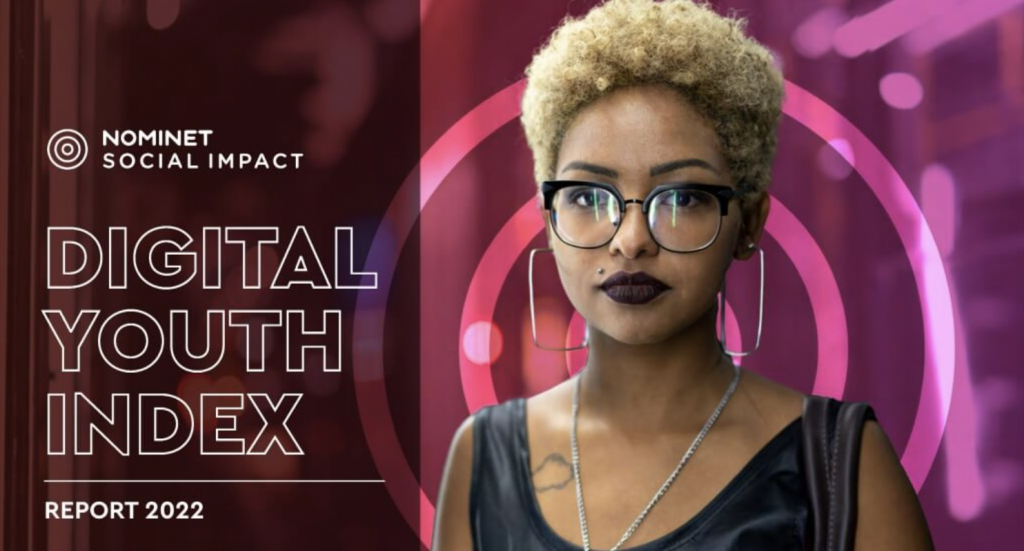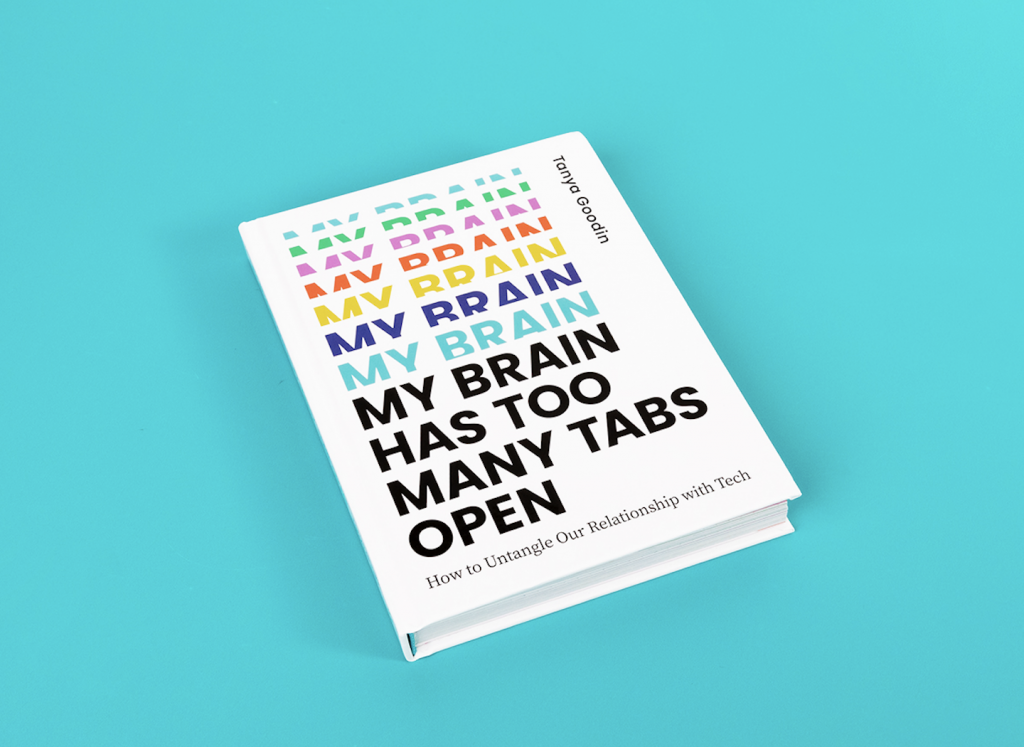The UK’s annual Digital Youth Index launched this week and painted a revealing, at times worrying, picture of the online experiences of young internet users in the UK. One standout was the feeling that being online had a positive impact on relationships with friends was held by a bare majority (53%) of the young people surveyed.
The findings from the children and young people aged 8-25 years old were broken down into three ‘pillars’ of their online lives;
- Internet Safety
- Digital Access
- Digital Wellbeing
Internet Safety
The young people surveyed generally reported feeling safe online but their reports of the distressing content they routinely encounter online gives rise to questions about whether their perceived levels of internet safety reflect their actual online safety.
- 95% of young people say they feel safe online, yet 4.2 million young people (29%) have experienced hate speech online.
- Around 1 in 4 young people have experienced violence (26%), trolling or abuse (23%), and/or sexual content (23%).
- Minority groups are most vulnerable to seeing negative content online, aided by anonymity.
- Three quarters of young people state that they feel ‘in control’ of what they see online (73%).
- 6% of young people would not trust anyone to help them if they saw something that made them feel unsafe online.
When I attended the launch of the Digital Youth Index, representatives of the Youth Panel spoke articulately about the need for social media platforms to address their internet safety concerns by making it easier for them to report hate speech and trolling. They also asked for ID verification for users – which has proved to be a particularly contentious issue in discussions about the UK’s Online Safety Bill.
Digital Access
The Index revealed the deep inequalities of internet access that exist across the UK and show that for many young people access to devices is a daily, sometimes hourly, challenge.

- A quarter of young people (26%) do not have access to a laptop, Chromebook or similar device.
- Among those who don’t have access to a smartphone, the key reasons include parents not allowing it, not believing smartphones are safe to use, and the expense.
- Young people are most concerned about having access to a smartphone, or having the latest version of a device to keep up with their peers.
Digital Wellbeing
The idea that too much time online is harmful for children and young people has been the subject of much debate. From academic research showing that the association between digital technology use and adolescent wellbeing is indeed negative but small, to internal documents leaked from Instagram showing that “We make body image issues worse for one in three teen girls,” – there’s no shortage of evidence for either side of the argument.
But asking young people themselves is perhaps the most valuable way of getting a fix on their digital wellbeing issues. The Digital Youth Index found;
- 53% of young people say online life has a positive impact on their relationships with friends, but 865,000 young people (6%) – say it has a negative impact (41% say no impact, down from 58% last year).
- One in four young people would like to spend less time on their digital devices.
- Nearly three-fifths (58%) of parents with children under 16 limit the hours their children spend using their digital devices.
- The internet and digital devices negatively impact the sleep of three in ten young people.
The hate speech which young LGBTQ+ people routinely encounter online (they are more than twice as likely to experience it) is one of the most worrying findings of the Digital Youth Index report, together with significant numbers reporting sleep deprivation and the fact that a quarter of all young people want to spend less time online. The Youth Index is an annual survey so I’ll be keeping an eye to see how all these trends are changing over time.

For more about internet safety, including dealing with trolling, misinformation and ‘fake news’ – pick up a copy of my new book.
